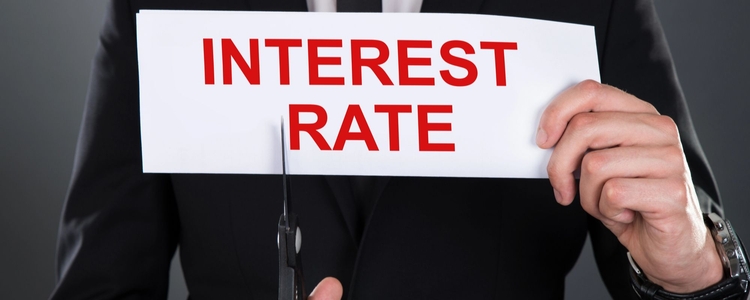The Consumer Financial Protection Bureau (CFPB) is showing growing concern over the rising cost of vehicles. But, since they have no oversight on dealers, they may be turning their attention toward the auto lending industry in 2022.
 CFPB scrutinizes the auto lending market. According to Celia Winslow, a senior VP for the American Financial Services Association, "The CFPB wants to lower vehicle prices, but it has no control over dealers, so it is focusing on auto lending," she said at a recent conference.
CFPB scrutinizes the auto lending market. According to Celia Winslow, a senior VP for the American Financial Services Association, "The CFPB wants to lower vehicle prices, but it has no control over dealers, so it is focusing on auto lending," she said at a recent conference.
She also told Wards Auto that this could mean the CFPB is looking at auto lenders with more scrutiny when it comes to fees, interest rates, repossessions, and loan-to-value ratios. How might a crackdown on auto lenders affect you?
CFPB cracking down. The CFPB notes in a recent blog post that they're focused on ensuring affordable credit for auto loans, fair practices in auto loan servicing, and fostering competition among subprime lenders.
They've already cracked down on unfair repossession processes. In February, new CFPB director Rohit Chopra said, “With today’s high car prices, auto lenders and investors might be tempted to seize vehicles for resale in the hot used car market. No American ever wants to wake up to see their car stolen. Auto loan servicers need to ensure that every repossession is lawful.”
Though there's no telling what a crackdown on auto lenders may look like, you can bet that the outcome will favor consumers, since that's the primary aim of the CFPB since its 2011 creation. Chopra, who was appointed director in October 2021, looks to be shaping up as an aggressive crusader for the consumer population in America.
What the CFPB can do for you. According to their website, The CFPB is a government agency that "implements and enforces Federal consumer financial law and ensures that markets for consumer financial products are fair, transparent and competitive." What this means is that they're looking out for you, and for all consumers when it comes to financial services that are federally regulated, like lending.
And, since they help to enforce laws, they can help crack down on things like unfair lending practices, something they're scrutinizing right now. When the CFPB jumps into action, companies and industries that have adopted unfair practices are typically made to pay through fines and other actions taken by the bureau. They've returned billions of dollars to consumers in the United States through their actions.





